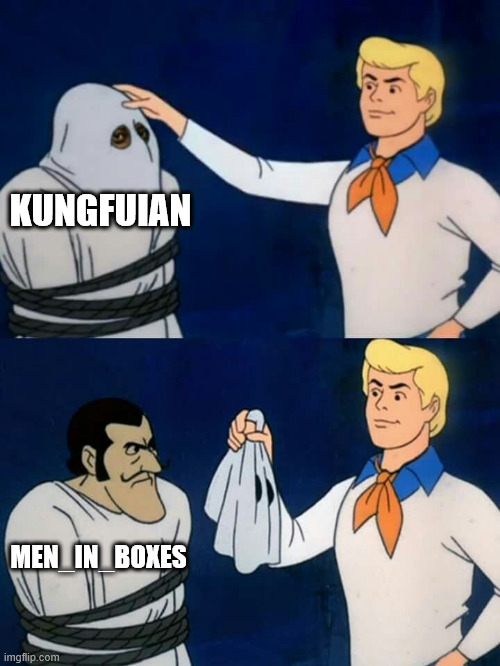kungfuian
Member
I see a lot of comments here about how much everyone hates GAAS (I'm one of you, single player only for me thanks) but very little discussion about why some GAAS games succeed and others fail. From the outside the whole model seems so unpredictable. I know this is somewhat true of the industry as a whole, but with GAAS it seems even more so.
With Sony throwing a ton of resources toward GAAS over the last few years to only have one success, one huge flop, and to have pulled the plug on multiple unreleased games, it's hard to see the logic behind putting so much money toward something so unpredictable. The winners seem to be selected at random from the gaming audience with no real rhyme or reason. Sometimes a title takes off and becomes a massive hit, but more times then not they just don't take off.
Sometimes failure seems obvious (Concord being a DEI nightmare for example) but what makes a success? I'm just curious if folks here think there's any way to predict which GAAS games will succeed? Or is it really just like playing the lottery/random, with a few lucky winners? Very curious what folks think makes some GAAS games work while others fail? Is it style, content, starting as free to play vs starting as paid then going free to play, marketing, community management, gameplay loop, timing....your thoughts?
With Sony throwing a ton of resources toward GAAS over the last few years to only have one success, one huge flop, and to have pulled the plug on multiple unreleased games, it's hard to see the logic behind putting so much money toward something so unpredictable. The winners seem to be selected at random from the gaming audience with no real rhyme or reason. Sometimes a title takes off and becomes a massive hit, but more times then not they just don't take off.
Sometimes failure seems obvious (Concord being a DEI nightmare for example) but what makes a success? I'm just curious if folks here think there's any way to predict which GAAS games will succeed? Or is it really just like playing the lottery/random, with a few lucky winners? Very curious what folks think makes some GAAS games work while others fail? Is it style, content, starting as free to play vs starting as paid then going free to play, marketing, community management, gameplay loop, timing....your thoughts?


